Maths
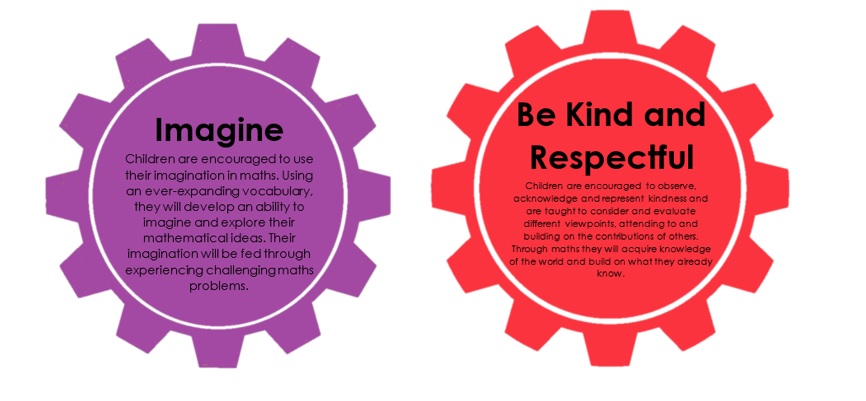
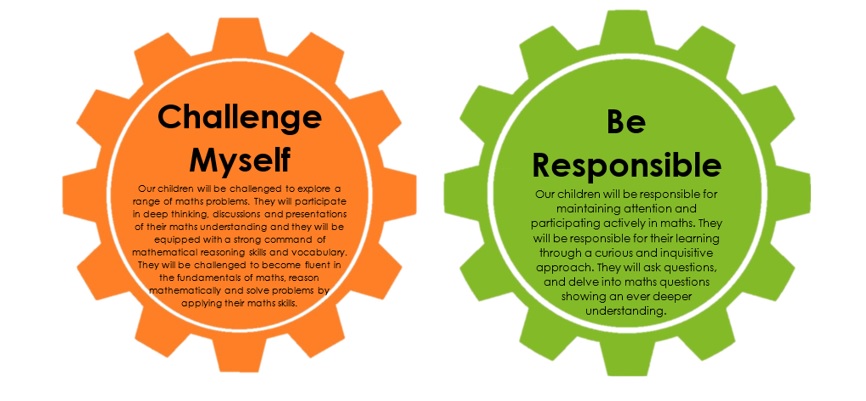
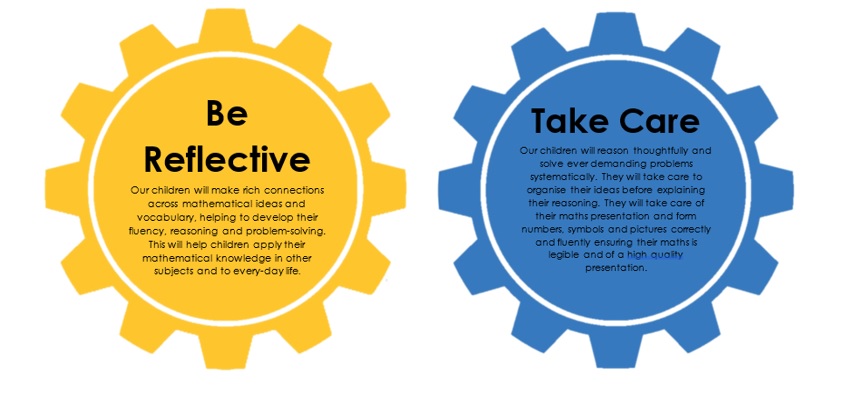
Our Vision
At Willingdon Primary School we aim to provide a high-quality mathematics education ensuring a foundation for understanding the world, the ability to reason mathematically, an appreciation of the beauty and power of mathematics, and a sense of enjoyment and curiosity about the subject.
maths policy update june 2023.pdf
Our Aims
At Willingdon Primary we strive to meet every child’s entitlement to develop fluency, mathematical reasoning and competency in problem solving through a creative and engaging curriculum.
The national curriculum for mathematics aims to ensure that all pupils:
- become fluent in the fundamentals of mathematics, including through varied and frequent practice with increasingly complex problems over time, so that pupils develop conceptual understanding and the ability to recall and apply knowledge rapidly and accurately
- reason mathematically by following a line of enquiry, conjecturing relationships and generalisations, and developing an argument, justification or proof using mathematical language
- can solve problems by applying their mathematics to a variety of routine and non-routine problems with increasing sophistication, including breaking down problems into a series of simpler steps and persevering in seeking solutions.
National Curriculum 2014
We aim to ensure our mathematics curriculum is inclusive of every child, empowering each one to enjoy and experience success in the subject in order to develop a positive and confident attitude towards mathematics.
We help children to recognise the importance of mathematics in the wider world and to use and apply their mathematical ability in real-life situations.
We aim to inspire children to be ambitious with their mathematical learning and appreciate the beauty and power of mathematics.
We use Power Maths as the basis of our daily maths lessons. This is an exciting and inspiring mastery maths approach, which has been recommended by the Department for Education.

Each lesson is divided into the following sections: discovery, sharing, thinking together, practice and reflection.
- Discover – each lesson begins with a problem to solve, often a real-life example, sometimesa puzzle or a game. These are engaging and fun, and designed to get all children thinking.
- Share – the class share their ideas and compares different ways to solve the problem, explaining their reasoning with hands-on resources and drawings to make their ideas clear. Here, children are able to develop their understanding of the maths concept with input from the teacher.
- Think together – the next part of the lesson is a journey through the concept, digging deeper and deeper so that each child builds on secure foundations while being challenged to apply their understanding in different ways and with increasing independence.
- Practice – now children practice individually or in small groups, rehearsing and developing their skills to build fluency, understanding of the concept and confidence.
- Reflect – finally, children are prompted to reflect on and record their learning from each session and show how they have grasped the concept explored in the lesson.
Each child has their own Practice Book in which they answer questions and discuss their mathematical thinking with their peers and teacher.
- Key Vocab List Reception
- Key Vocab List Year 1
- Key Vocab List Year 2
- Key Vocab List Year 3
- Key Vocab List Year 4
- Key Vocab List Year 5
- Key Vocab List Year 6
- Power Maths Reception Calculation Policy
- Power Maths White Rose Edition KS1 Calculation Policy
- Power Maths White Rose Edition LKS2 Calculation Policy
- Power Maths White Rose Edition UKS2 Calculation Policy
- Power-Maths-White-Rose-edition-progression-EYFS pdf
- Power-Maths-White-Rose-edition-progression-KS1
- Power-Maths-White-Rose-edition-progression-LKS2
- Power-Maths-White-Rose-edition-progression-UKS2
At the heart of our maths teaching is the idea that all children can be successful mathematicians if they can develop the correct mind-set.
Children learn alongside five characters, each with different mathematical characteristics.
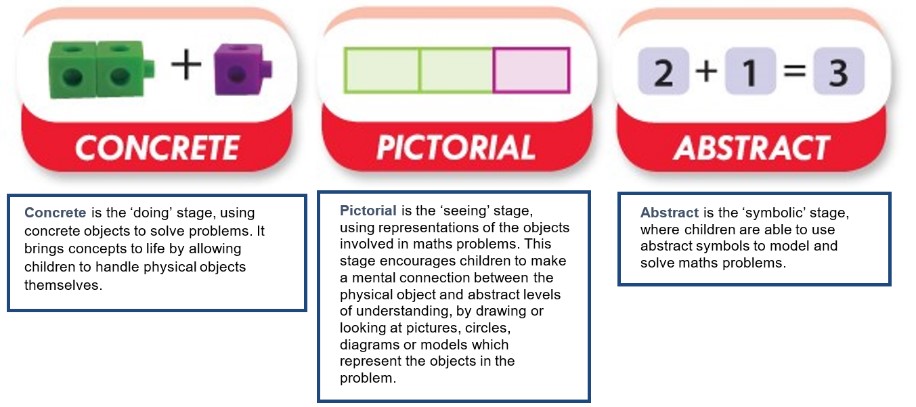
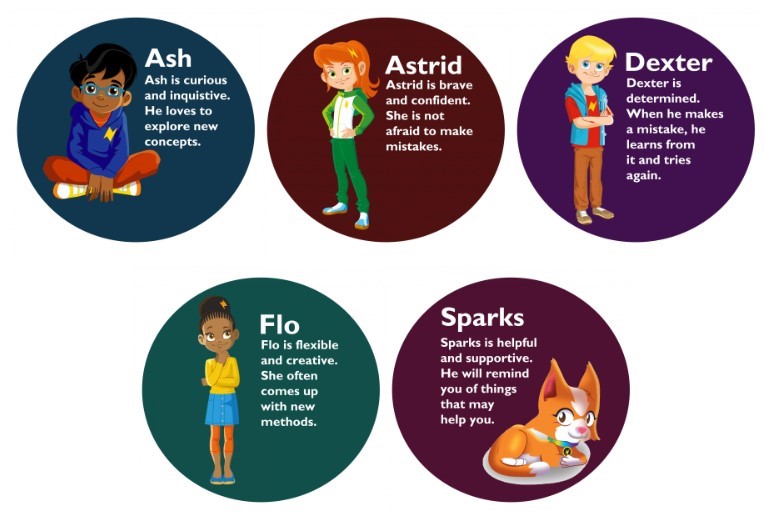
Mastering Number
The outcomes for the children:
- To develop fluency in calculation and confidence and flexibility with number;
- To be able to clearly communicate their mathematical thinking;
- To make good progress towards their Early Learning Goals and Year Group Expectations;
- To foster a positive attitude towards maths and a willingness to ‘have a go’.
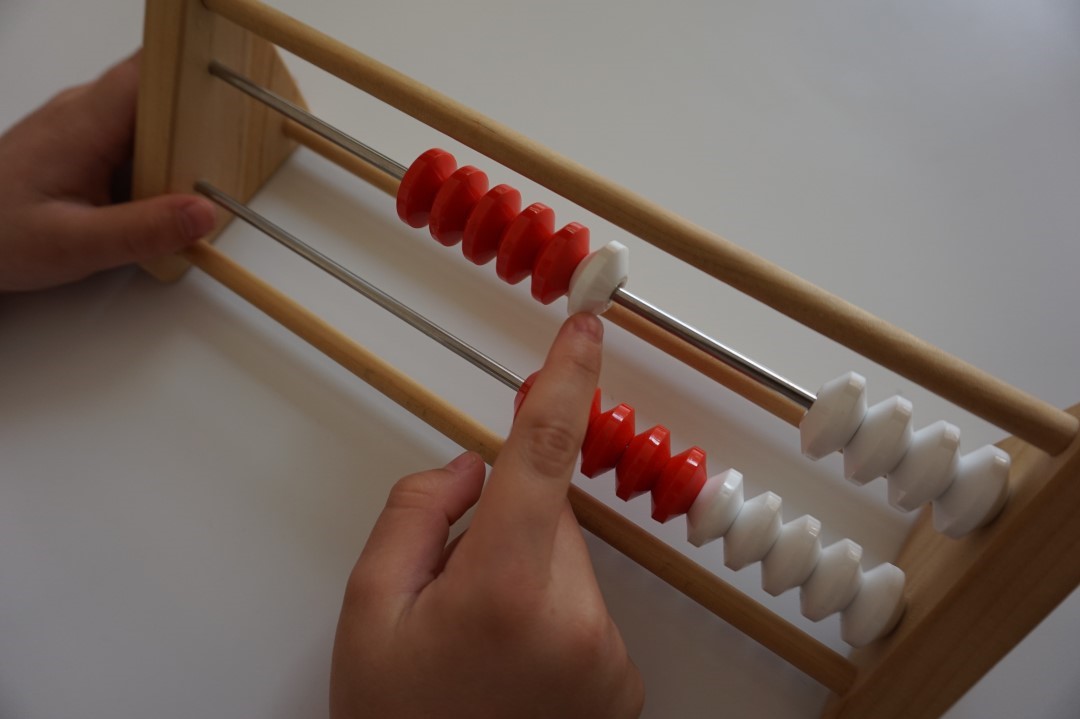
Fluency in Five
In Years 3, 4, 5 and 6 we teach Third Spaces’ Fluency in Five. Again, these are very short (10 minutes) sessions which facilitate the following outcomes for the children: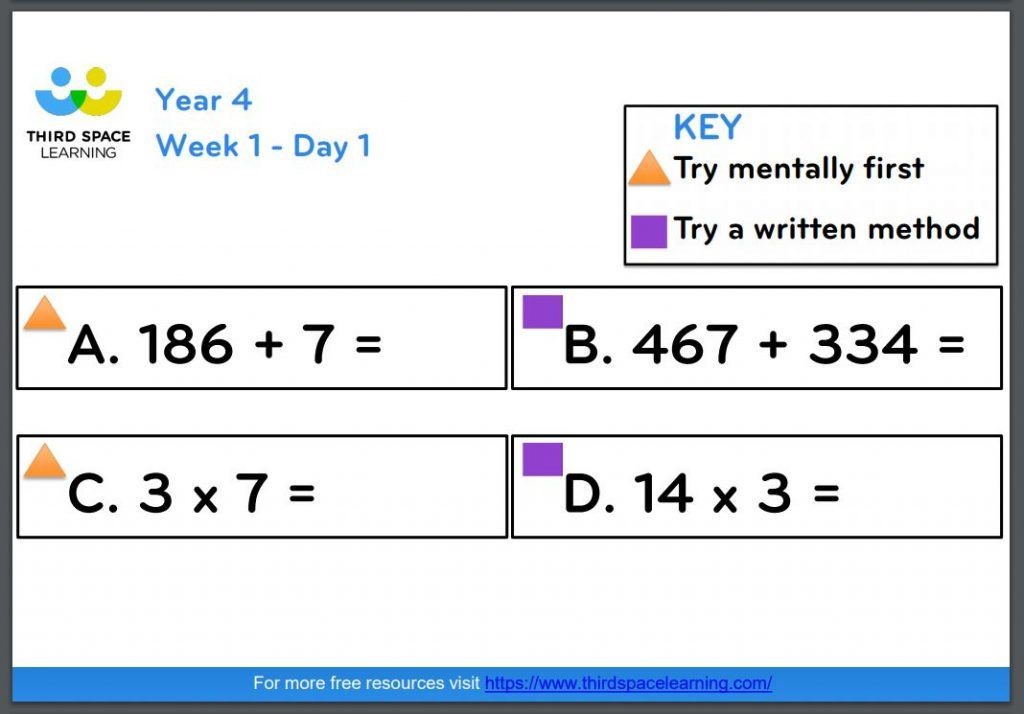
- To develop fluency in calculation and confidence and flexibility with number;
- To develop automaticity with procedures and calculations;
- To develop fluency in the four number operations;
- To develop accurate and appropriate mental strategies;
- To develop times table knowledge and fluency.
Times Tables Rock Stars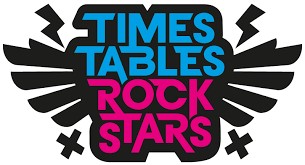
In Years 2 through to 6, the children have access to Times Tables Rock Stars, an online, highly interactive times tables App which encourages the learning and quick recall of times tables. Children who have particular success with this are celebrated and receive certificates.
Progress and Assessment
Your child’s progress is informally tracked continuously, and formally tracked 6 times per year. We use a range of evidence to track progress: lesson observations, maths book looks, end of unit checks and tests, pupils conferencing, termly assessments and statutory assessments (SATs) in Year 2 and Year 6.
Supporting pupils with additional needs
Our teaching and learning is tailored and scaffolded to meet individual needs, with some learners requiring a more personalised approach, including specific learning outcomes and provision to develop foundational skills. We provide our children with resources, visuals and representations to help them meet their learning objectives.
ttrs parent carer guide letter.pdf
Numbots

